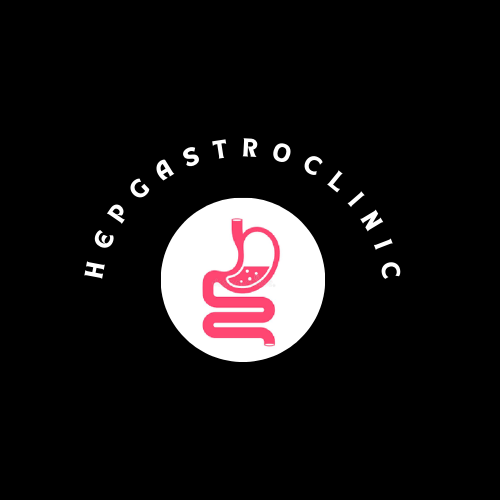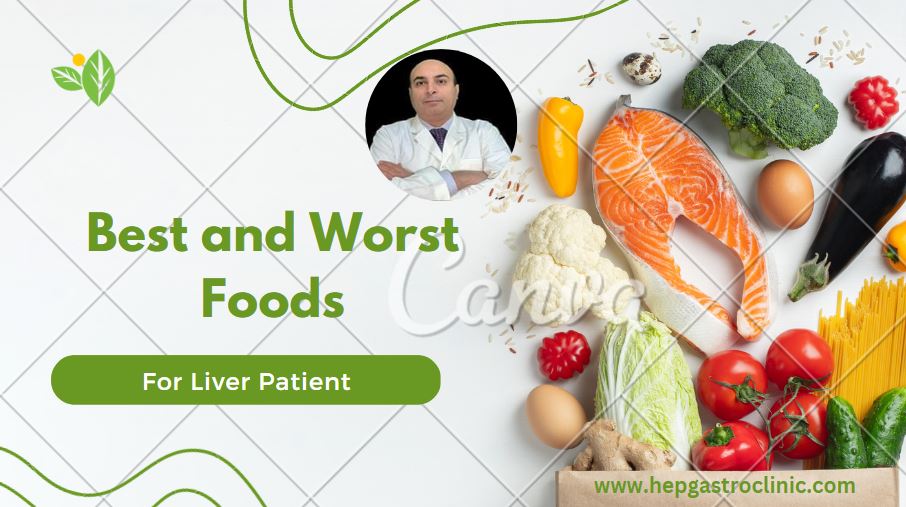If you have liver disease, it’s important to choose the right foods to support your liver health. Learn about the best foods for liver patients and what to avoid in this comprehensive guide.
Introduction:
The liver is one of the most vital organs in the human body.
It plays a crucial role in filtering out toxins, processing nutrients, and
producing essential proteins. However, when the liver is damaged or diseased,
its ability to function properly is compromised, which can lead to serious
health issues. For people with liver disease, following a healthy diet is
essential for maintaining liver function and preventing further damage.
In this article, we’ll explore the best foods for liver patients and what to avoid to promote liver health.
Best foods for your liver:
Leafy Greens:
Leafy greens such as spinach, kale, and collard greens are
excellent sources of vitamins and minerals that can help your liver. They
contain antioxidants that help to neutralize harmful free radicals, and they
also contain chlorophyll, which has been shown to help remove toxins from the
liver. Green leafy vegetables are rich in vitamin K which helps your liver to
synthesize the clotting factors for proper blood coagulation.
Cruciferous Vegetables:
Vegetables like broccoli, cauliflower, and Brussels sprouts
are high in fiber, which can help to reduce the risk of liver disease. They
also contain compounds that help to activate enzymes in the liver that aid in detoxification.
Fatty Fish:
Fatty fish such as salmon, mackerel, and sardines are rich
in omega-3 fatty acids, which have been shown to reduce inflammation and
improve liver function. They also contain vitamin D, which is important for
liver health.
Nuts and Seeds:
Nuts and seeds such as almonds, walnuts, and chia seeds are
rich in antioxidants like vitamin E and healthy fats, which can help to reduce
inflammation and promote liver health.
High-Fiber Foods:
High-fiber foods like whole grains, fruits, and vegetables
can help reduce the risk of liver disease and inflammation.
Berries:
Berries such as blueberries, raspberries, and strawberries are high in antioxidants, called polyphenol which can help to protect the liver from damage. They also contain fiber, which can help to reduce the risk of liver disease.
Dark chocolate and green tea:
They can help protect the liver from damage caused by free
radicals.
Coffee:
Coffee reduces the percentage of fibrosis in the liver in
patients with liver cirrhosis.
It reduces the levels of liver enzymes, inflammation, and
fibrosis formation in patients with fatty liver, which leads to a reduction in
the incidence of liver cancer in these patients. Drinking two cups of coffee
per day reduces the risk of developing liver cancer by 20 percent.
Foods to Avoid:
The worst foods for your liver are.
Alcohol:
Alcohol is a major contributor to liver disease, and it’s
important for people with liver disease to avoid it completely. Alcohol damages
the liver, it can cause fatty liver disease which may progress to liver
cirrhosis and liver cancer.
Processed Foods:
Processed foods are high in sodium, sugar, and unhealthy
fats, which can contribute to liver damage. It’s best to avoid processed foods
and focus on whole, nutrient-dense foods instead.
Fried Foods:
Fried foods are high in unhealthy saturated fat, which can
contribute to inflammation and liver damage. It’s best to avoid fried foods and
opt for baked or grilled options instead.
Sugary Drinks:
Sugary drinks such as soda and fruit juice are high in
sugar, which can contribute to non-alcoholic fatty liver disease and liver
damage. It’s best to avoid these drinks and opt for water or unsweetened
beverages instead. Added sugar can lead to obesity which itself is an
independent risk factor for liver cancer, so it is very important to keep a
healthy weight.
FAQs:
Q: Can liver patients eat red meat?
A: While red meat can be a good source of protein, it’s best
to limit consumption for people with liver disease. Instead, opt for lean
protein sources such as poultry, fish, and legumes.
Q: Are there any supplements that can help with liver health?
A: Some supplements, such as milk thistle and
N-acetylcysteine (NAC), may help to support liver health. However, it’s
important to talk to a healthcare provider before taking any supplements.
Q: Can liver patients eat dairy products?
A: Dairy products such as milk, cheese, and yogurt can be a
good source of protein and calcium. However, it’s important to choose low-fat
or fat-free options and to limit consumption for people with liver disease.
Conclusion:
In conclusion, a healthy diet is crucial for supporting
liver health and preventing further damage for liver patients. Eating
nutrient-dense foods such as leafy greens, cruciferous vegetables, fatty fish,
nuts and seeds, and berries can help to reduce inflammation, neutralize free
radicals, and promote liver function. On the other hand, avoiding alcohol,
processed foods, fried foods, and sugary drinks can help to prevent further
liver damage. It's important to talk to a healthcare provider or a registered
dietitian to create a personalized nutrition plan that fits your individual
needs and health goals. By making informed dietary choices and following a healthy
lifestyle, liver patients can take control of their health and improve their
quality of life.

